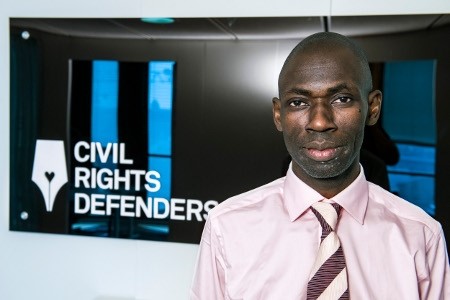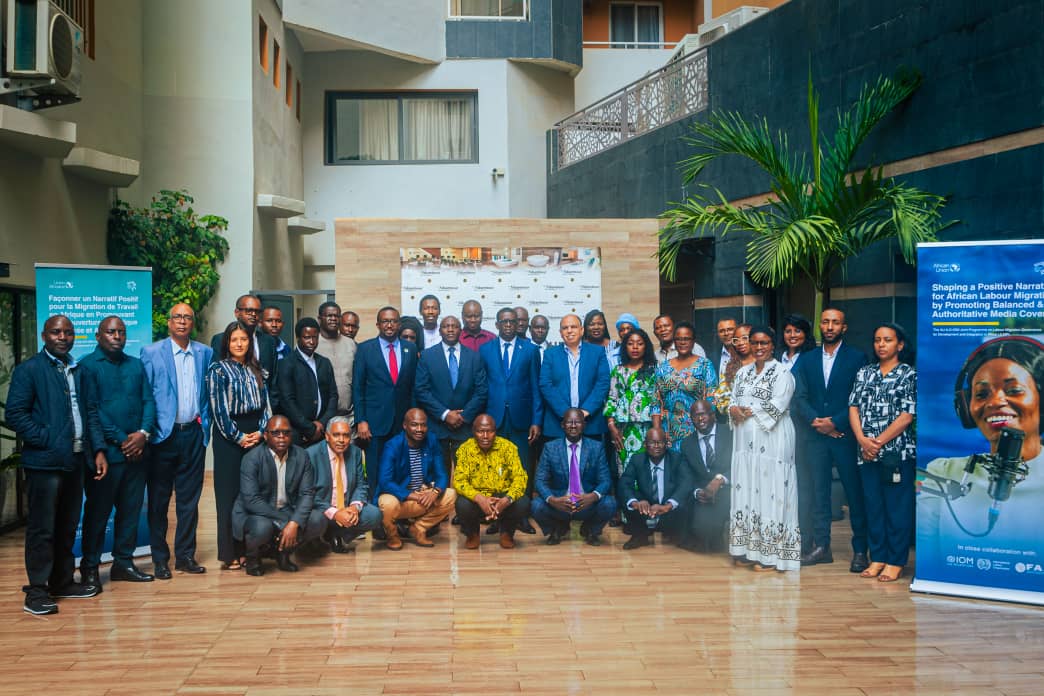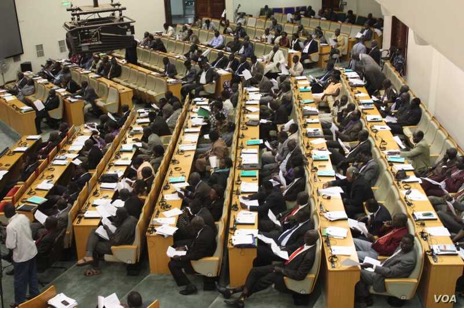
South Sudan activist wins African Outstanding Professional award

Edmund Yakani never goes silent on issues that matter in the country.
From security issues, to economic, social and even freedom of citizens in South Sudan, the Executive Director of the Community Empowerment for Progress Organization has been outspoken, earning him a signature in the peace agreement under implementation in South Sudan.
Finally, his contributions have come to light with the brave vocal South Sudanese freedom maestro hooking up an award for being one of the African Outstanding Proffessionals.
Yakani received his award at the Ethiopian Capital Addis Ababa yesterday, sponsored by the Business Executive Group, Accra Ghana and Ethio telecom.
“It is a great honor as South Sudanese to be recognized and awarded as one of the African outstanding Professionals,” Yakani said in a statement later emailed to The Juba Echo.
“This award is not award to me because of my own efforts but it is because of our collective efforts ranging from fellow staff of CEPO, Journalists and media in South Sudan and across the global,” he said.
“Allow me to urge our African leaders to sincerely abstain themselves from resolving their political grievance in non-violent manner.”
Quickly, Yakani made mention on regional issues, joining the fold of so many stakeholders in calling for peace.
“I call for immediate peace in Ethiopia, DRC, Sudan, Libya, Mali and other countries including my country South Sudan,” he said.
“Violence never gains and as Pan-African in this space of the award, with due respect I call upon our leaders to embrace democratic governance and abolish being corrupt.”
Yakani warned that dictatorship, poor leadership, corruption and human rights violations are enslaving Africa.
“Our leaders, don’t made us slaves in our own land. As an African, don’t turn as colonist to us (Africans) on the seat of African leadership,” he said while dedicating his award towards “observation of zero discrimination against persons with disabilities and safety of Journalists in South Sudan, Africa and the global.”


































